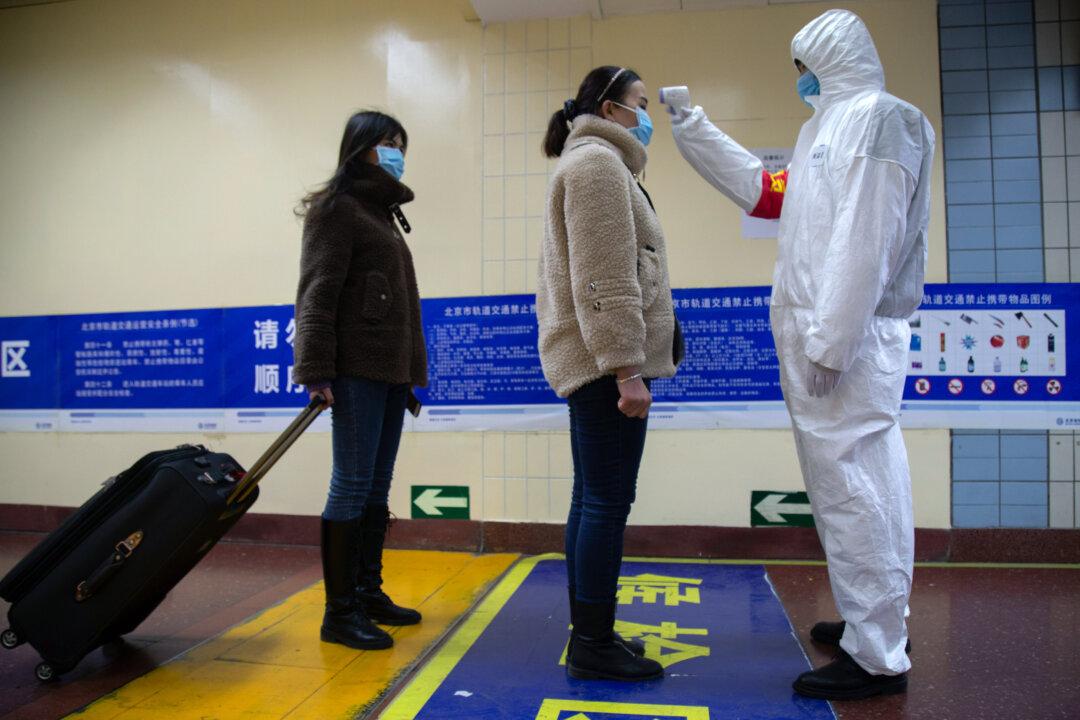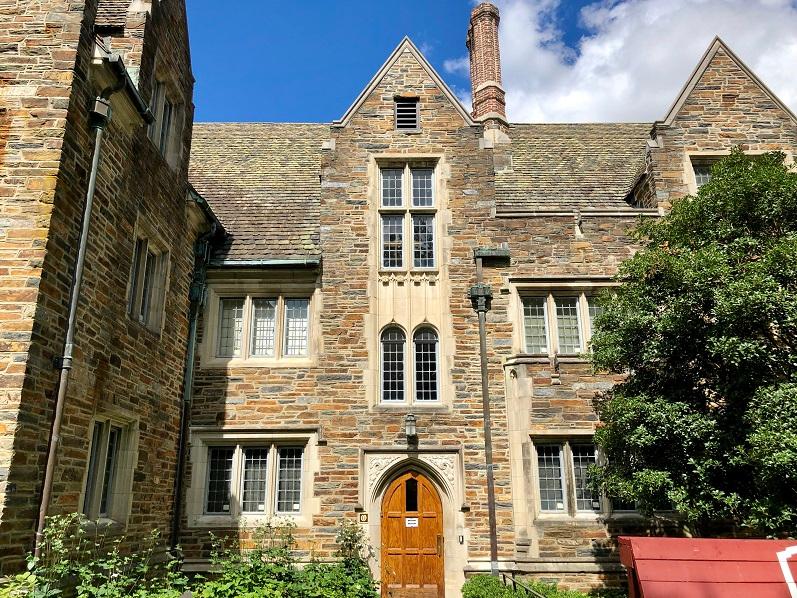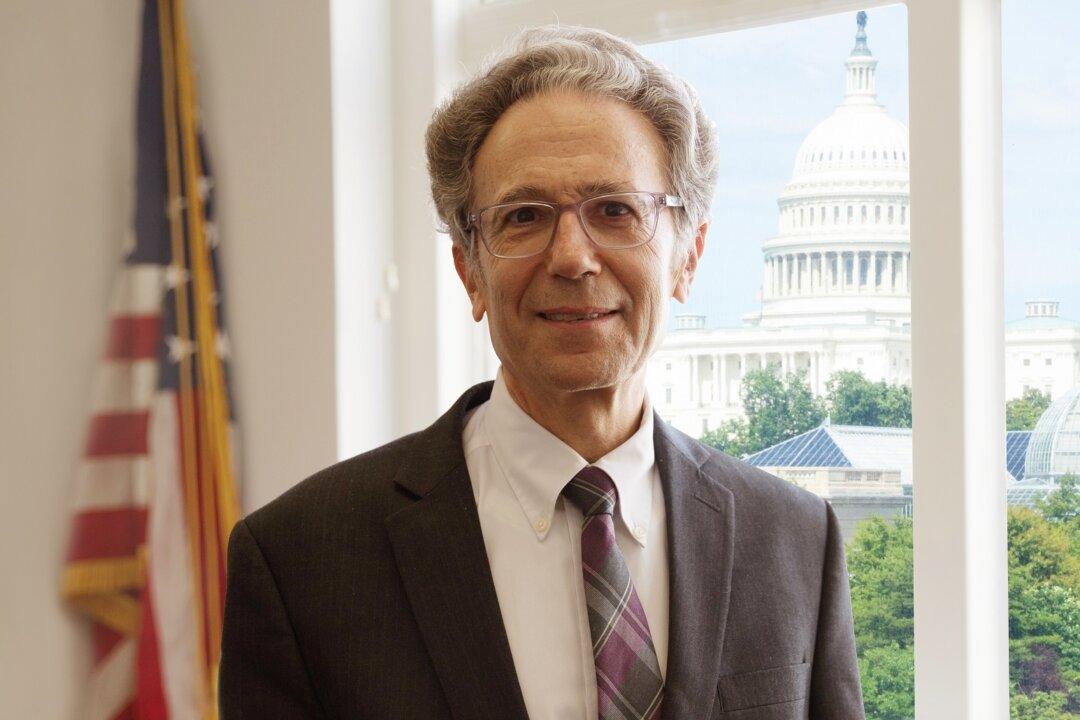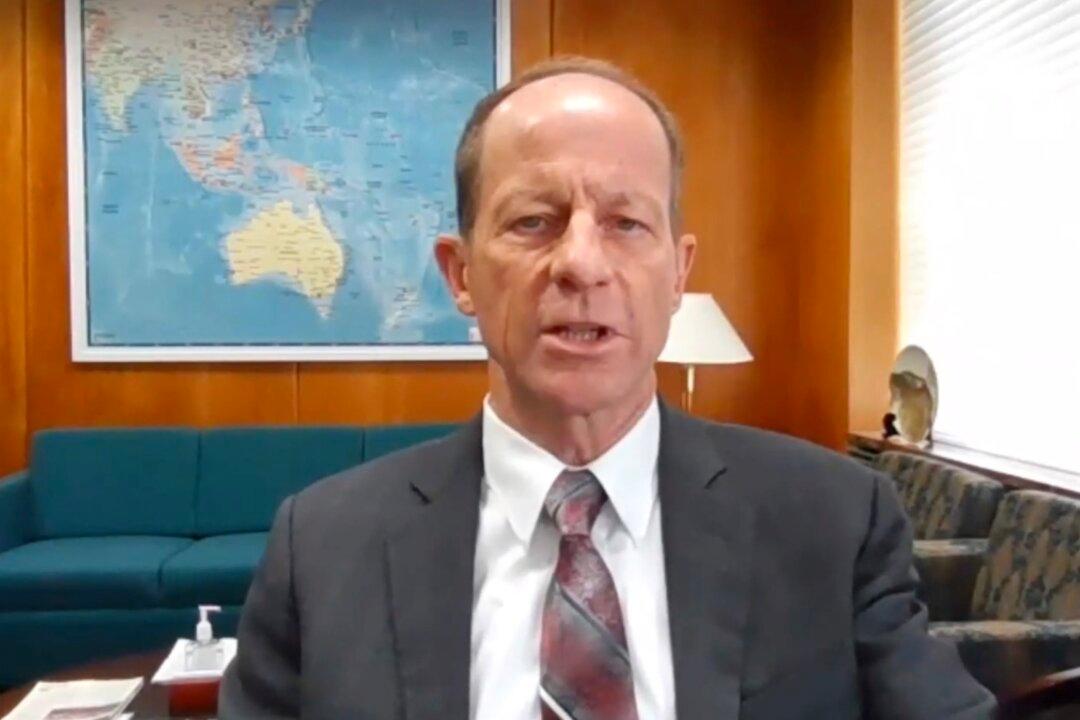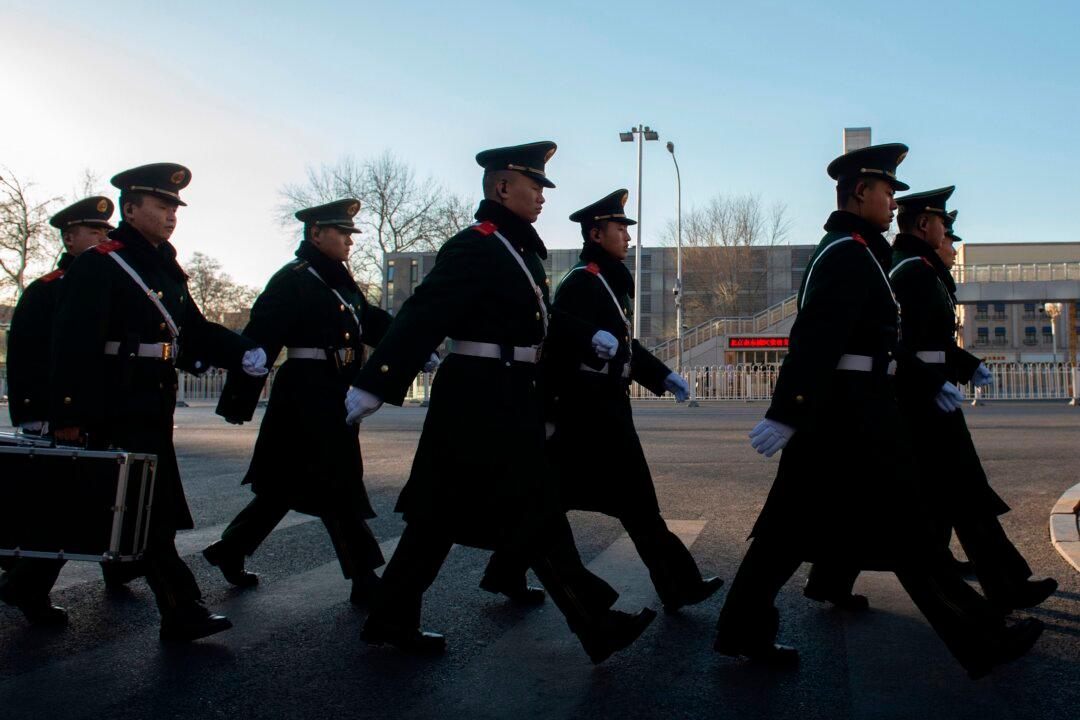WASHINGTON—The United States faces a stealth war in which a fascist regime turns the openness of the West’s institutions against it.
This was the diagnosis of the threat posed by China, from retired Air Force Brig. Gen. Robert S. Spalding, a former China strategist who spoke at the Global Taiwan Institute (GTI) on Feb. 12. Spalding is the author of the recently released “Stealth War, How China Took Over While America’s Elite Slept.”
